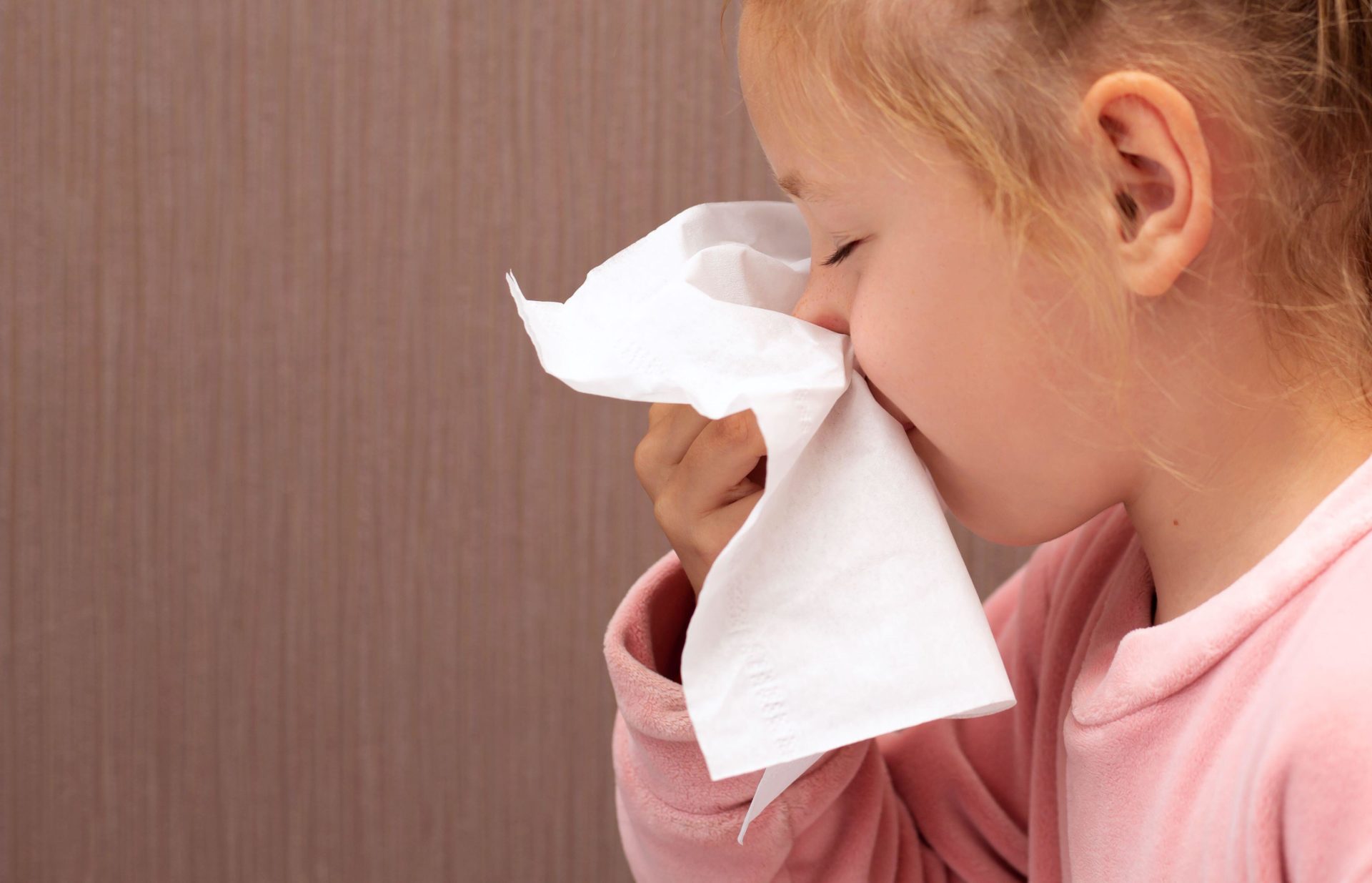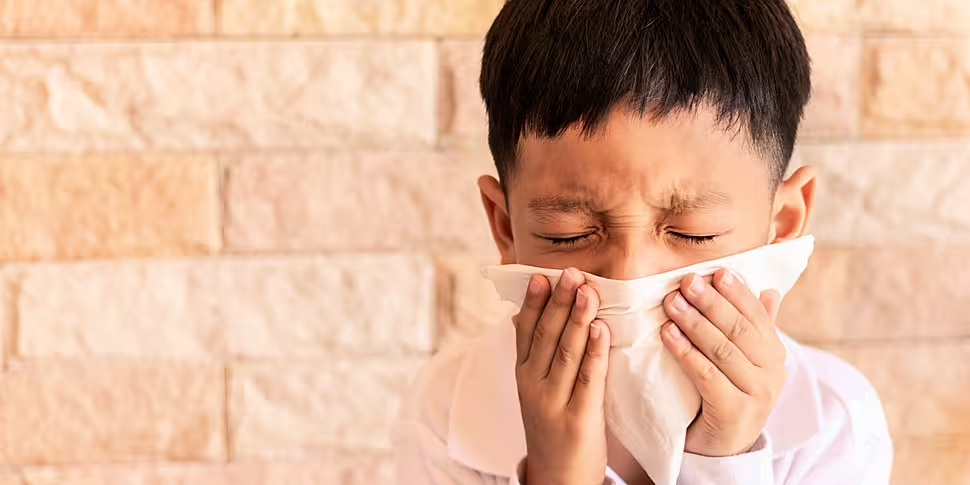Children’s hospital wards have been ‘overwhelmed’ with high numbers of RSV patients this week, according to a Crumlin intensive care consultant.
Nearly 1,000 RSV cases were notified to the HSE last week – with 368 patients hospitalised with their symptoms.
On one day last week, meanwhile, there were 39 children in intensive care with the virus.
RSV
On The Pat Kenny Show this morning, Crumlin Hospital Paediatric Intensive Care Consultant Dr Suzanne Crowe described how the virus affects young children.
“Every winter we have about an eight or nine-week season of this horrible virus called RSV,” she said.
“It affects everybody of every age but particularly small babies - babies within the first six or 12 months of life - are really affected.
“They find it very difficult to breathe when they're infected with this virus.
“Your immune system is quite immature when you're first born, that's one problem, and then the other is that they're breathing muscles are very thin and very small.
“So they get tired when they have to breathe fast and this virus makes the baby breathe quite fast.
“So they do get tired and it's one of the reasons why mums and dads will bring the baby into the hospital – particularly when the baby's too tired to feed.”
Winter
In all, there have been 3,644 RSV cases diagnosed in Ireland so far this winter – with cases surging in the past month.
Nearly 1,000 of the cases were recorded in Dublin with Cork, Donegal and Westmeath recording the next highest amounts.
“Across the two hospitals - Temple Street and ourselves - we have 32 intensive care beds and there have been days this week where we've had to surge into other wards and make intensive care beds in other wards to look after these children,” said Dr Crowe.
“But also, all around the country, every single paediatric ward, every GP surgery is overwhelmed.
“I mean, we’re just seeing so many small babies sick with the virus this year, yeah.”
Symptoms
Dr Crowe said there are several signs parents should look out for if they’re child is unwell.
“Particularly for small babies, if they're more lethargic, more sleepy; if you have to wake them for a feed and they're breathing very fast or if their colour, particularly around their lips, doesn't look right, you need to seek urgent medical assessment,” she said.
“If they're not feeding, even if they miss one or two feeds, you'll notice that the nappy isn't wet anymore, again, that's a reason to bring them in to be assessed – because babies will get quite dehydrated if they're not feeding.”
 Sick little girl with a runny nose. Image: Martina Prosyanyk / Alamy
Sick little girl with a runny nose. Image: Martina Prosyanyk / AlamyShe advised anyone who is not sure whether to bring their child to the doctor to ask a friend or relative for a second opinion.
“You've been looking at them for hours trying to make a decision and somebody coming in with new eyes, you know, looking at the baby might just say, ‘You know something, we do need to go in’.
“You won't be sorry, because you'll be triaged quite quickly and if the baby is sick enough, they'll be assessed quickly and if needs be, admitted.
“Usually, the baby will be observed for a few hours in the emergency department to see how they're getting on.”
Dr Crowe said doctors are ‘very excited’ about the new RSV vaccine approved earlier this year.
She expressed hope the vaccine will be funded and available to patients in time for next winter.
Surge
The increase in cases of seasonal RSV is to be expected at this time of year.
Almost all children get RSV by the time they are two years old.
Symptoms of an RSV infection start out like a cold and can include:
- Cough
- Wheezing
- Runny nose
- Difficulty feeding or decreased appetite
- Fever (temperature of 38C or higher)
- Sore throat
The symptoms usually appear in stages and not all at once.
After four to five days, babies and young children can develop bronchiolitis. Their symptoms may get worse and include:
- Increased breathing (more breaths per minute)
- Wheezing
- Difficulty feeding or decreased appetite
- Less wet nappies
CHI says these symptoms often remain for three to four days before slowly getting better.









